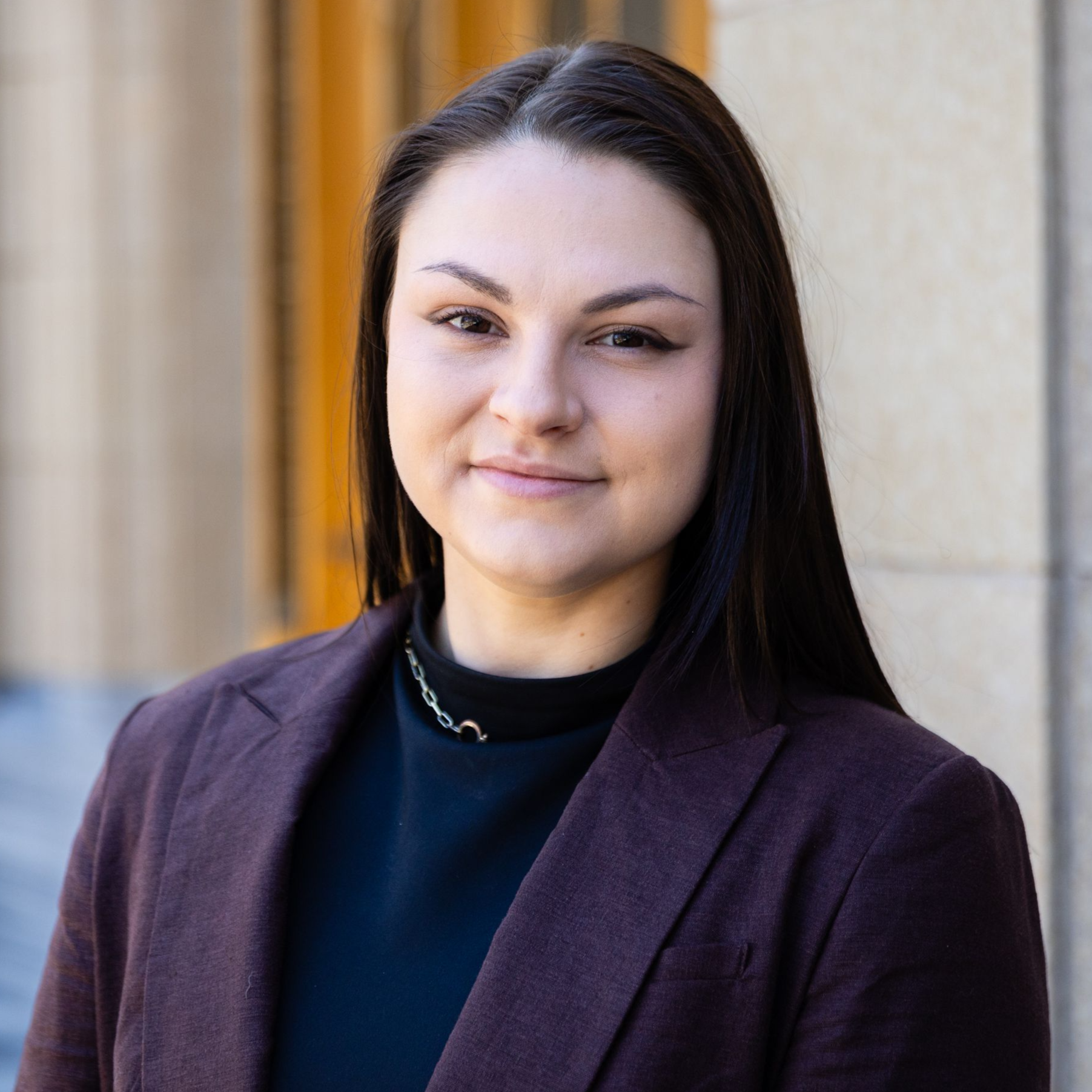How Atlanta’s November election could shake up City Hall politics

Atlanta voters will head to the polls in November to make key decisions on who they want representing their neighborhoods inside City Hall for the next four years.
Political hopefuls officially file paperwork during the city’s qualifying period that starts Tuesday, finalizing the candidate landscape of city elections for mayor, council president and all 15 council members. And four of the council races will be wide-open contests, after the incumbents announced they would not seek reelection.
Three of those new members will represent critical areas of the city — the conservative-leaning northern District 7 in Buckhead; Midtown’s booming District 2; and southwest Atlanta’s District 11, home turf for many of the city’s former mayors.
And the next cohort of elected officials will face big challenges over the next four years. Atlanta’s water system is set to undergo a massive, billion-dollar overhaul after the water crisis in spring of 2024 revealed its vulnerabilities. And despite affordable housing efforts, the city’s homeless population is still high.
They will also be in charge for the highly anticipated 2026 FIFA World Cup that’s expected to bring hundreds of thousands of visitors to Atlanta.
The council president race is marked by a matchup between two-term council member Marci Collier Overstreet and nonprofit newcomer Rohit Malhotra — a contest that pits a mayor-endorsed candidate against an advocate for more progressive policies who has been critical of the Dickens administration.
The new voices have the potential to shake up the current political atmosphere of the council that rarely disagrees within itself, or with the mayor.

Only in scattered instances have council members publicly spoken out against the Dickens’ administration, like during this year’s tumultuous budget process or when the city tried to do away with the jail diversion program.
“It’s been a particularly good time for collaboration,” Atlanta City Council President Doug Shipman, who is not seeking a second term, said of the dynamic.
But with some more progressive candidates in the mix, and established lawmakers eyeing potential mayoral bids in 2029, the upcoming election highlights the importance of Dickens maintaining alliances on the City Council during his expected second term.
That is especially true with the incoming council president.
Although the position holds only tiebreaking voting power, the role makes key committee chair assignments and facilitates the flow of council meetings. The president is usually in close contact with the mayor and is next in line should the mayor leave office.
“Having the honest, respectful relationships with members of the body goes a long way in helping this branch be effective,” council member Matt Westmoreland said of the council president’s role. “It allows the actual members of council — whether they represent a district or the entire city — to do their jobs effectively.”

Overstreet securing the president’s gavel is the best case scenario for Dickens, as he looks to make good on lofty goals he set for the city when he took office. In May, the mayor hosted a fundraiser for Overstreet where attendees could donate anywhere from $500 to $3,300. Dickens is set to host another for her in September.
Malhotra is the founder of the Center for Civic Innovation, a progressive policy nonprofit that frequently speaks out against the mayor and the City Council. His campaign is built on a foundation of breaking Atlanta’s political status quo and championing progressive policymaking.
And although Malhotra has many long-standing relationships with council members through his nonprofit work, his activist stylings have the potential to jolt council’s current dynamic.
Shipman said the president’s relationship with the mayor plays a large role in how the City Council operates.
“That’s an important piece on how the tone is set and how those two relate to each other,” he said.
Open districts seats make way for new voices
The void left by an exiting incumbent is especially big in Atlanta’s northern neighborhoods.
Longtime council member Howard Shook filled one of two seats representing Buckhead for more than 20 years. Shook spearheaded the city’s tedious budget process and served as a bridge between the mayor’s office and more conservative constituents.
His retirement also marks a tremendous loss of institutional knowledge for the City Council.

When Dickens first took office, he faced a renewed effort by some disgruntled Buckhead residents to secede from the city altogether — a campaign fueled by some GOP lawmakers under the Gold Dome.
Atlanta City Council has since poured additional dollars toward public safety and infrastructure initiatives in the area, but some of the candidates in the race say they don’t feel like it’s been enough.
And in Midtown, where communities are trying to balance extreme growth with livability, candidates say infrastructure planning over the next few years is critical.

Council member Amir Farokhi, who is resigning at the end of August, pointed to the district’s small geographic size but dense population.
“This district representative kind of carries the mantle for how we manage growth and make room for more people,” he said.
The city’s infrastructure woes have already dominated conversation among candidates. Frustration over a backlog of voter-approved projects even sparked a recent petition by Cascade Road business owners demanding the city speed up delivery of the roadway’s construction.
The Cascade Road corridor is a stronghold for Dickens and the current home district for Overstreet. But after she opted to run for council president, the southwest Atlanta District 11 seat is up for grabs.
This story has been updated to correct when the city’s qualifying phase starts. It begins Tuesday, August 19.


